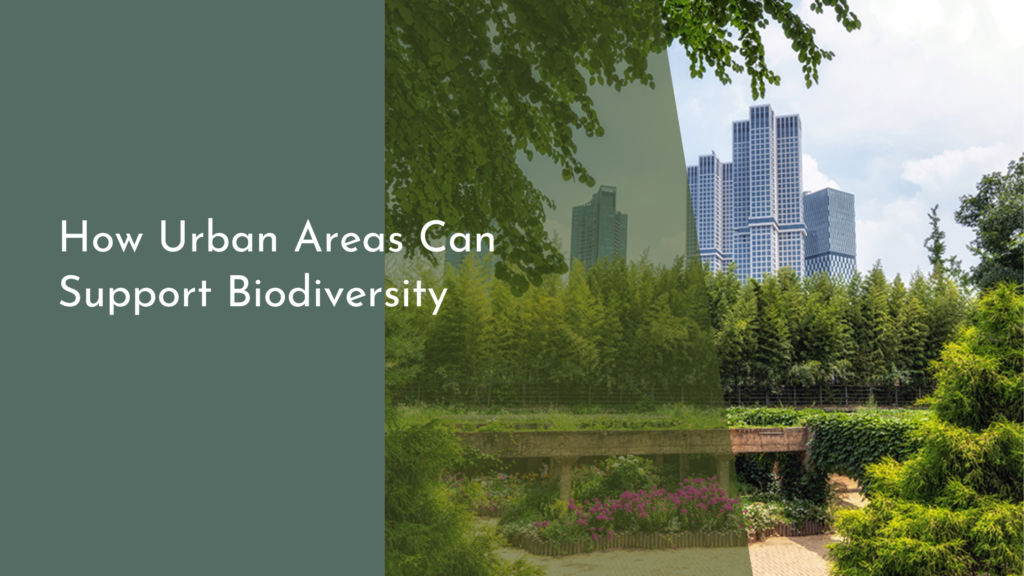Using Innovations in Agriculture: Tech and Permaculture
In a world facing rapid population growth and the looming specter of climate change, the agricultural sector stands at a crucial crossroads. Traditional farming methods are proving insufficient to meet the current demands for sustainable food production. Thankfully, a wave of innovation is sweeping through the industry, combining cutting-edge technology with age-old wisdom in sustainable practices. This article explores the exciting intersection of tech innovations in agriculture and the principles of permaculture, and how their integration can pave the way for a more sustainable future.
Embracing the Future: Tech Innovations in Agriculture
Advancements in technology are revolutionizing the way we approach farming. Precision agriculture, for instance, utilizes GPS and IoT sensors to monitor crops and soil conditions in real-time, ensuring that farmers can make informed decisions about irrigation, fertilization, and pest control. Drones are now commonplace in large-scale farming operations, providing aerial views that assist in crop health assessment and resource management. These innovations not only enhance productivity but also significantly reduce waste and resource usage, aligning with sustainability goals.
Moreover, biotechnology is pushing the boundaries even further. Genetically modified organisms (GMOs) have been developed to withstand harsh climate conditions and resist pests, leading to higher yields and reduced chemical usage. Additionally, vertical farming and aquaponics are gaining traction in urban settings, utilizing limited space to produce food efficiently. These technological advancements represent a shift towards more sustainable practices in agriculture and highlight the industry’s commitment to embracing change.
Permaculture Principles: A Sustainable Farming Approach
Permaculture is a holistic design system that mimics natural ecosystems, allowing for sustainable and self-sufficient agricultural practices. At its core, permaculture emphasizes the importance of diversity in plant and animal life, promoting resilient and productive ecosystems. This approach encourages farmers to work in harmony with nature, using techniques such as crop rotation, companion planting, and natural pest control to maintain soil health and biodiversity.
Additionally, permaculture practices focus on water management and energy efficiency. By implementing rainwater harvesting systems and creating swales to manage runoff, farmers can conserve valuable water resources. The use of organic materials, such as compost and mulch, enhances soil fertility while reducing the need for synthetic fertilizers. As a result, permaculture not only nurtures the environment but also fosters a deeper understanding and connection to the land.
The Perfect Pairing: Tech Meets Permaculture Practices
The integration of technology and permaculture principles creates a powerful synergy that can revolutionize agriculture. For instance, using data analytics and machine learning, farmers can apply permaculture strategies more effectively by predicting crop needs and environmental changes. Automated irrigation systems can be programmed to water based on moisture levels in the soil, ensuring that crops receive just the right amount of water without wastage.
Furthermore, mobile applications are emerging that educate farmers about permaculture practices and provide resources for implementing them in their fields. These tools can help farmers design their plots more effectively, select appropriate crops for their environments, and manage ecosystems sustainably. By combining the best of both worlds, farmers can optimize their yields while minimizing their environmental impact, creating a sustainable agricultural landscape.
Growing Together: Benefits of Innovative Farming Solutions
The collaboration between technological innovations and permaculture practices offers a plethora of benefits for farmers, consumers, and the environment alike. When farmers adopt these integrated methods, they can enjoy increased efficiency and productivity, leading to higher profits and improved food security. Moreover, the reduced reliance on chemical inputs enhances the safety and quality of the food supply, ultimately benefiting consumers who are increasingly concerned about health and sustainability.
Additionally, the shift towards innovative farming solutions helps mitigate climate change by promoting carbon sequestration in soils and reducing greenhouse gas emissions from traditional farming practices. This collaborative approach fosters a greater sense of community among farmers, scientists, and consumers, as everyone works towards a common goal of sustainable food production. Ultimately, the future of agriculture lies in our ability to embrace these innovations and cultivate a healthier planet for generations to come.
As we navigate the complexities of modern agriculture, the integration of technology with permaculture principles presents a hopeful path forward. By embracing these innovative methods, farmers can not only enhance their productivity but also contribute to a sustainable and resilient food system. The collaboration between the old and the new is not merely an option; it is a necessity for the future of our planet. Together, we can cultivate a brighter, greener tomorrow—one crop at a time.


